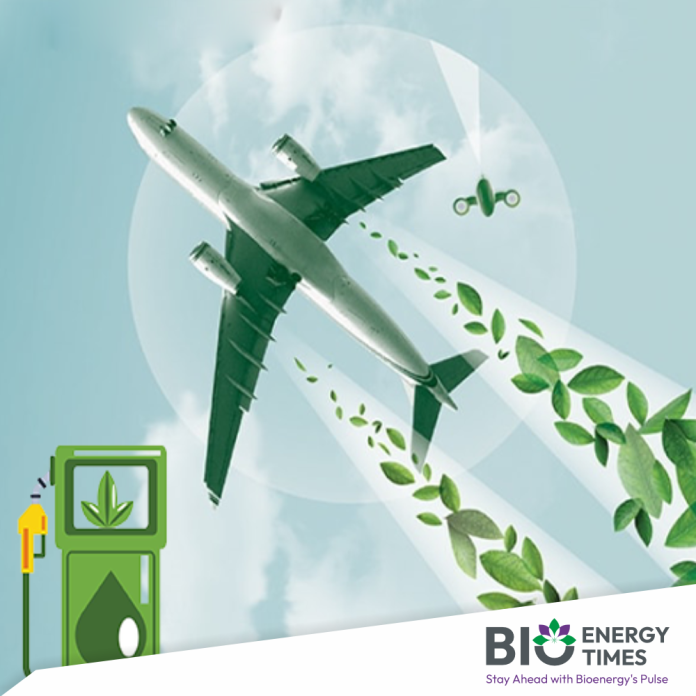Kuala Lumpur: Aircraft manufacturer Airbus and the Aerospace Malaysia Innovation Centre (AMIC) have entered into a research and technology cooperation agreement aimed at examining the supply chain for sustainable aviation fuel (SAF) production throughout the Asia-Pacific region, reports The Edge Malaysia.
Airbus announced that this collaboration signifies a step forward in pinpointing opportunities and refining processes that support the production of SAF, ultimately contributing to the decarbonization efforts within the aviation industry.
“The joint research will specifically focus on Asean countries and selected Asia-Pacific nations,” the company stated in a press release on Thursday.
As part of this agreement, both Airbus and AMIC will be involved in gathering and analyzing crucial data from across the region. This will involve studying existing trends and the dynamics that influence the availability and production of SAF feedstock.
The two organizations will jointly assess feedstocks and production pathways that have been validated under the International Civil Aviation Organisation Carbon Offsetting and Reduction Scheme for International Aviation (ICAO-CORSIA) framework. Furthermore, they will explore potential feedstock candidates that could be included in the future.
Julie Kitcher, Chief Sustainability Officer at Airbus, emphasized the company’s commitment to driving the development of a robust SAF ecosystem on a global scale, including unlocking the potential within the Asia-Pacific region.
“Through this partnership with AMIC, we are deepening our engagement in Malaysia by fostering research that supports the growth of a home-grown SAF industry,” Kitcher stated. “This is how we turn ambition into action by working together, harnessing the power of research and industry expertise to support both regional economic growth and the broader sustainability goals of the aviation sector.”
Meanwhile, AMIC Chairman Dr. Zakri Abdul Hamid highlighted that this cooperation reflects AMIC’s dedication to fostering innovation that addresses the challenges associated with feedstock and SAF production.
“By focusing on supply chain optimization, we aim to accelerate SAF development in the Asia-Pacific region, in support of the industry’s sustainability goals,” Dr. Hamid said.
SAF is recognized as a critical element in the journey towards decarbonizing the aerospace industry, offering an average reduction of 80% in carbon emissions throughout its lifecycle compared to traditional fossil fuels.
Currently, all Airbus aircraft are certified to operate with up to 50% SAF. Airbus has set an ambitious target for all of its aircraft to be capable of operating with up to 100% SAF by the year 2030.
For detailed information and further insights, please refer to BioEnergyTimes.com, which provides the latest news about the Sustainable Aviation Fuel Industry















